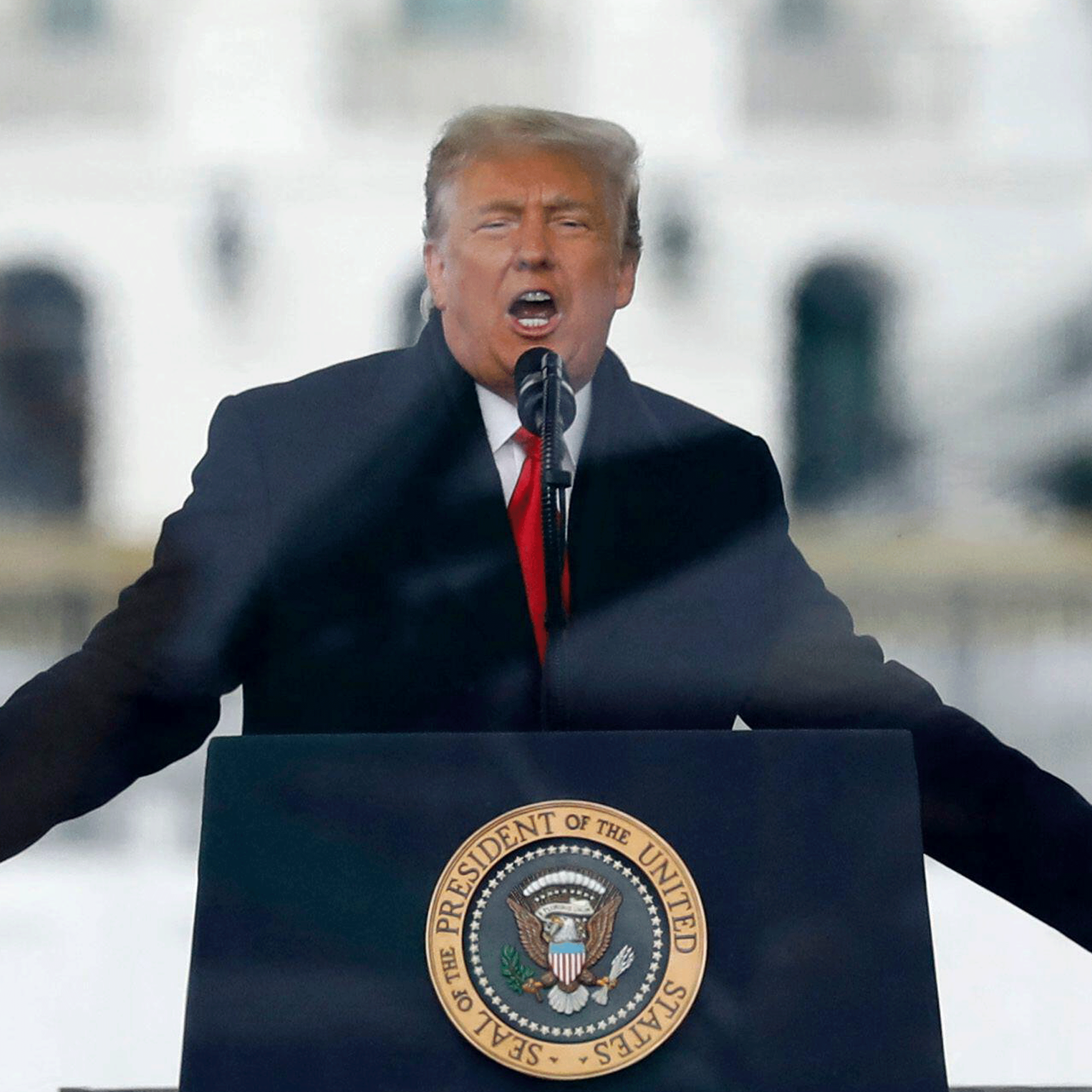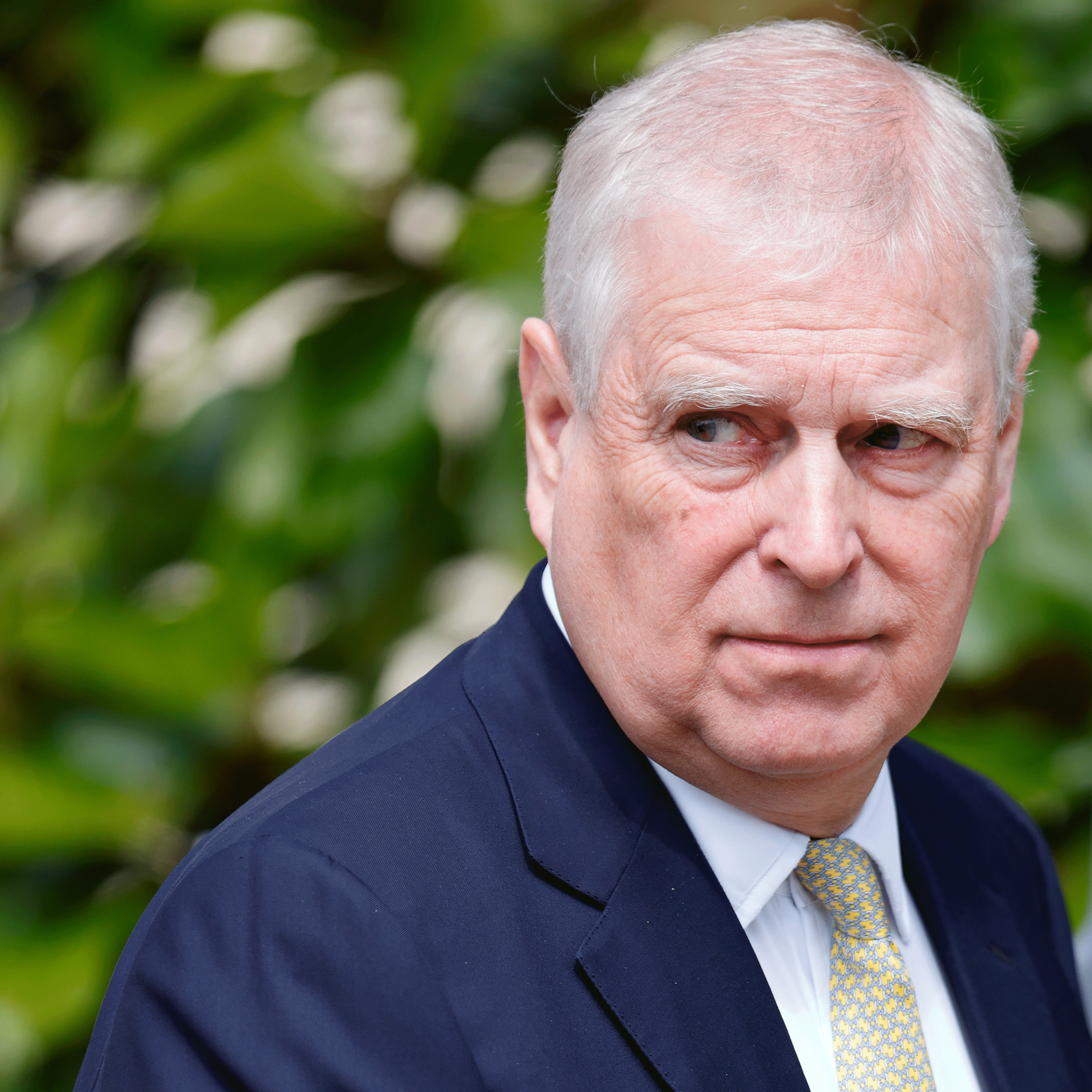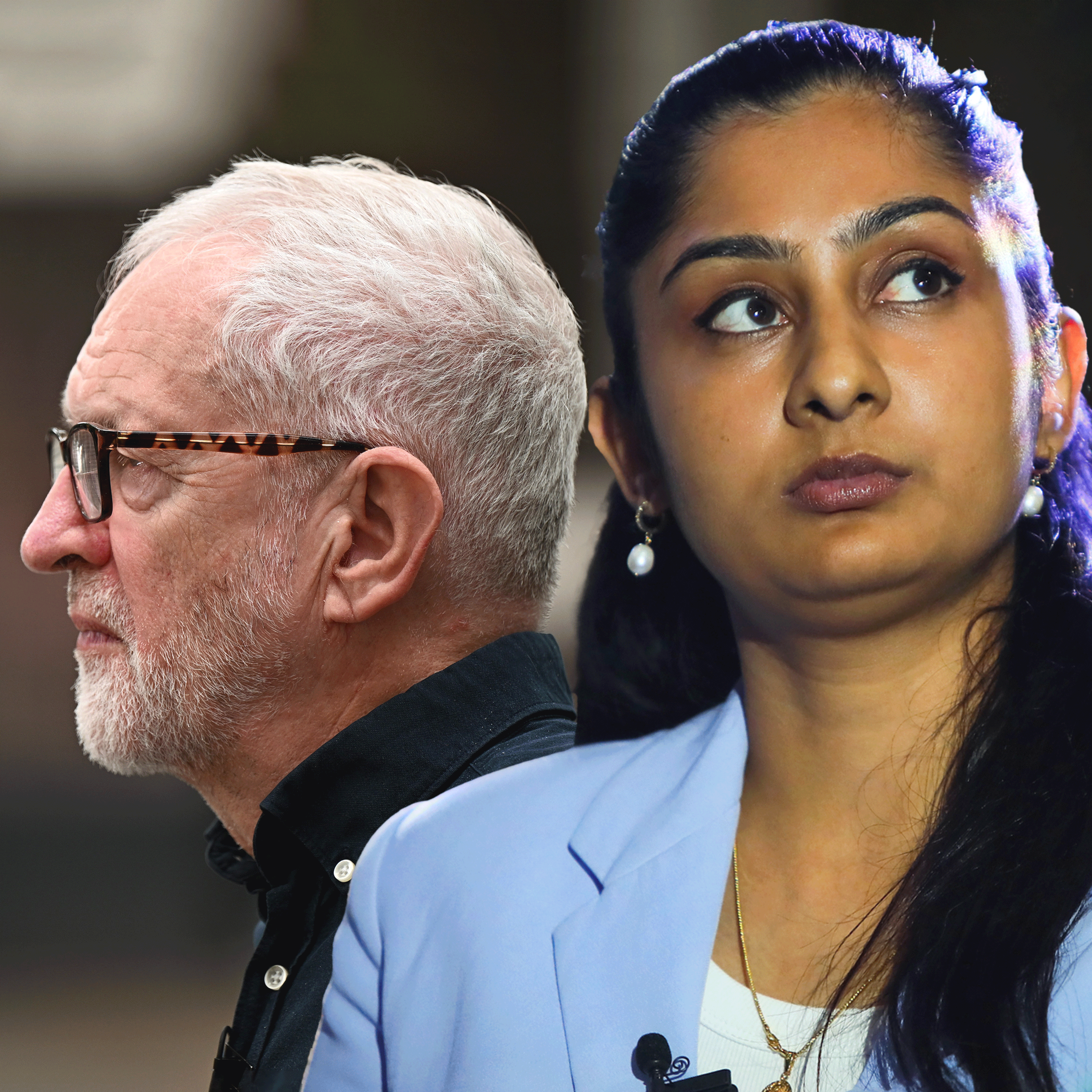133: Planes, Trains and Automobiles
Travel special! Andy, Ian, Helen and Jane fly off to the Chagos Islands (AKA ‘How to spend £9billion losing sovereign territory'), ride the driverless railway Keir Starmer thinks he’s in charge of, and finally tackle the four most important words in the electric car revolution: ‘Cross Pavement Charging Solutions’.
Press play and read along
Transcript
Transcript is processing—check back soon.
Page 94: The Private Eye Podcast — 133: Planes, Trains and Automobiles





